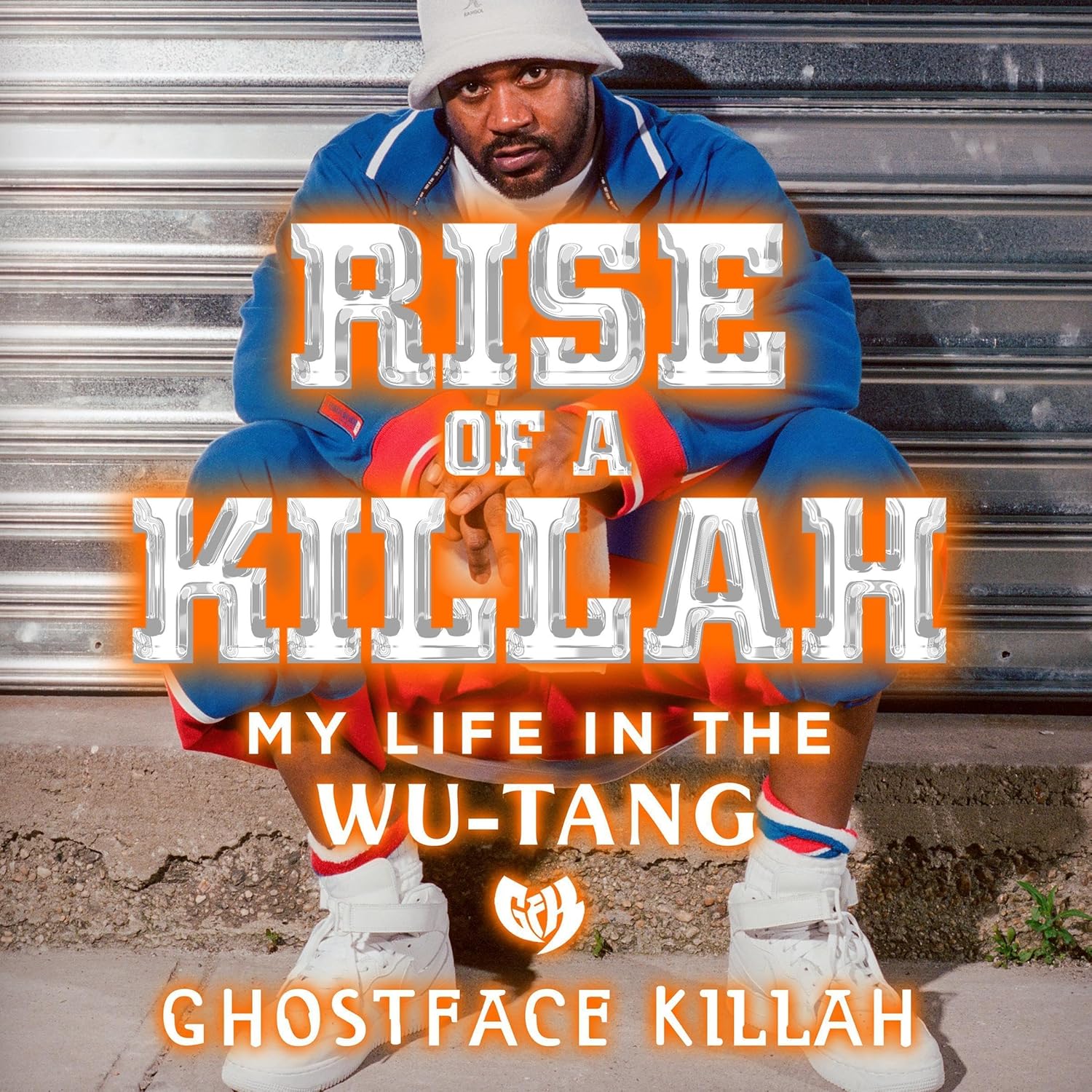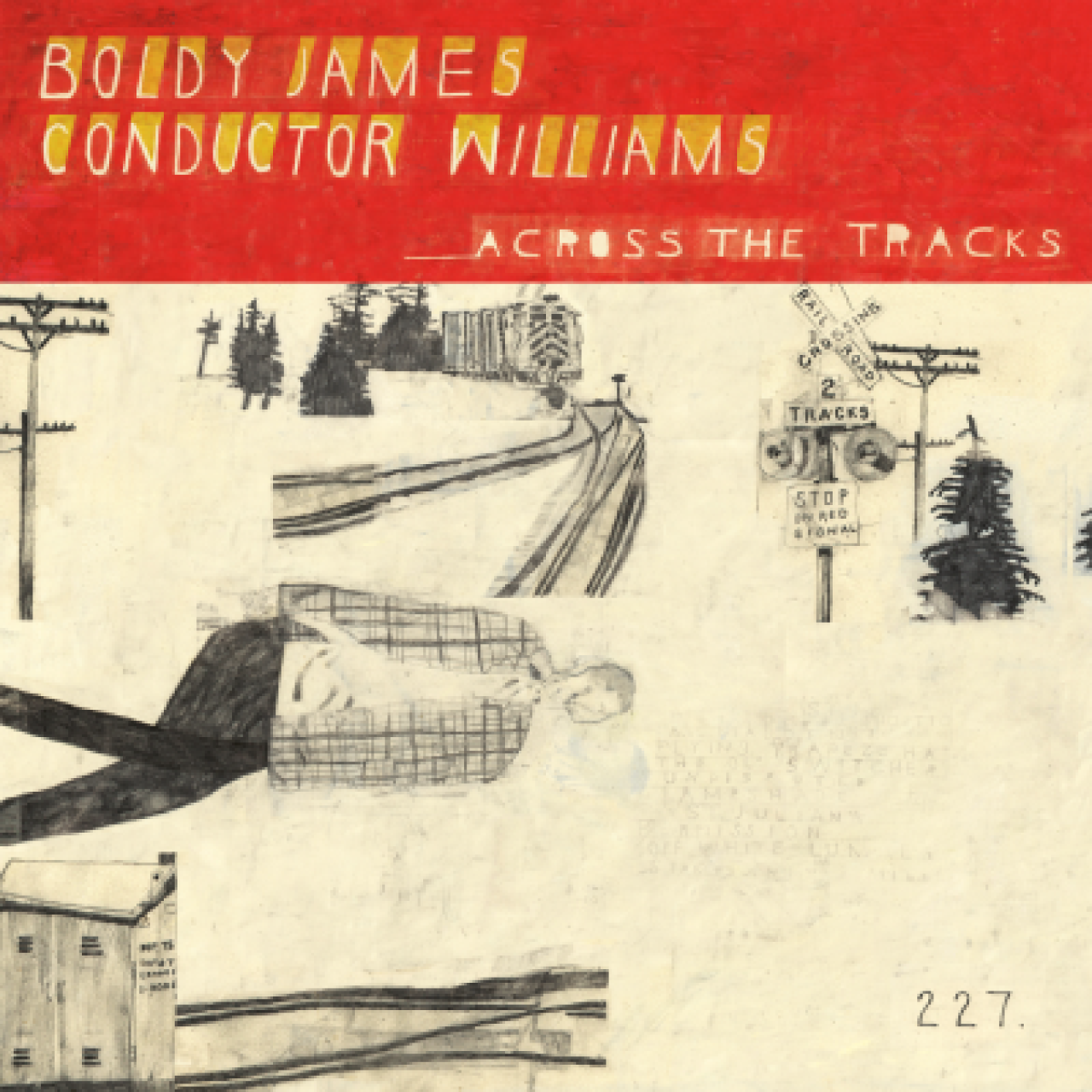Across the Tracks is Boldy James’ second release this year. The first, Penalty of Leadership, found the Detroit rapper collaborating with Nicolas Craven as he explored the consequences of a near-fatal car accident. The project sounded revelatory as James subtly pushed beyond his comfort zone of street pharmaceuticals and male power dynamics. Across the Tracks finds him reverting to form. He calls himself “Brick James” on “The Ol’ Switcheroo,” and claims on “Off-White Lumberjacks” that he’s “been trapping through The Wire just like Wee-Bey.” It’s an environment where “good writing” — to use an oft-abused music critic cliché — consists of illustrating a drug hustler’s lifestyle in colorful language, not thematic exposition or narrative tension. A sole example of the latter is “Flying Trapeze Act,” where James tells a story about being criminally investigated: “Tightroping in the street, this shit is death defying/When your man’s a witness in your case testifying.” Conductor Williams offers fantastic loops, as always, but it’s unclear whether James truly elevates them or simply settles into the beats like comfortable shoes. The 26-minute excursion feels too easy, like lightwork. Near Mint released Across the Tracks.

Rise of a Killah: My Life in the Wu-Tang by Ghostface Killah
Rise of a Killah: My Life in the Wu-Tang is Ghostface Killah’s second book. The first, 2007’s The World According to Pretty Toney, is a collection of “Killah-isms” released through MTV, where he occasionally appeared in quirky bumper ads. Rise of a Killah isn’t quite a full autobiography, either. Much like Eminem’s 2002 book Angry Blonde, it compiles a series of lightly-edited interviews – transcribed by John Helfers of DNES Marketing – in a chronological format. Ghost isn’t big on dates and tends to be impressionistic in details. At two points, he invites longtime friend Grant “Un” Williams and manager Mike Caruso to lend insight. The former relays some wild pre-fame crime stories, while Caruso explains some of the business deals he arranged during Ghost’s busy Def Jam era. Overall, Rise of a Killah leans heavily on Ghostface’s idiosyncratic voice, an amalgam of Staten Island bluster, learned wisdom, and fantastical slang. It’s fascinating but maybe not enough to sustain a 250-page book. Superfans intimately familiar with Ghostface’s unusual career have complained about its dearth of new material. They aren’t wrong. But the main issue with Rise of a Killah is that it feels insufficient in craftsmanship for a hugely talented artist, not because Ghost doesn’t respond to Raekwon’s claim (in his much-better 2021 autobiography From Staircase to Stage) that Ghost slept with Aaliyah. St. Martin’s Press.

